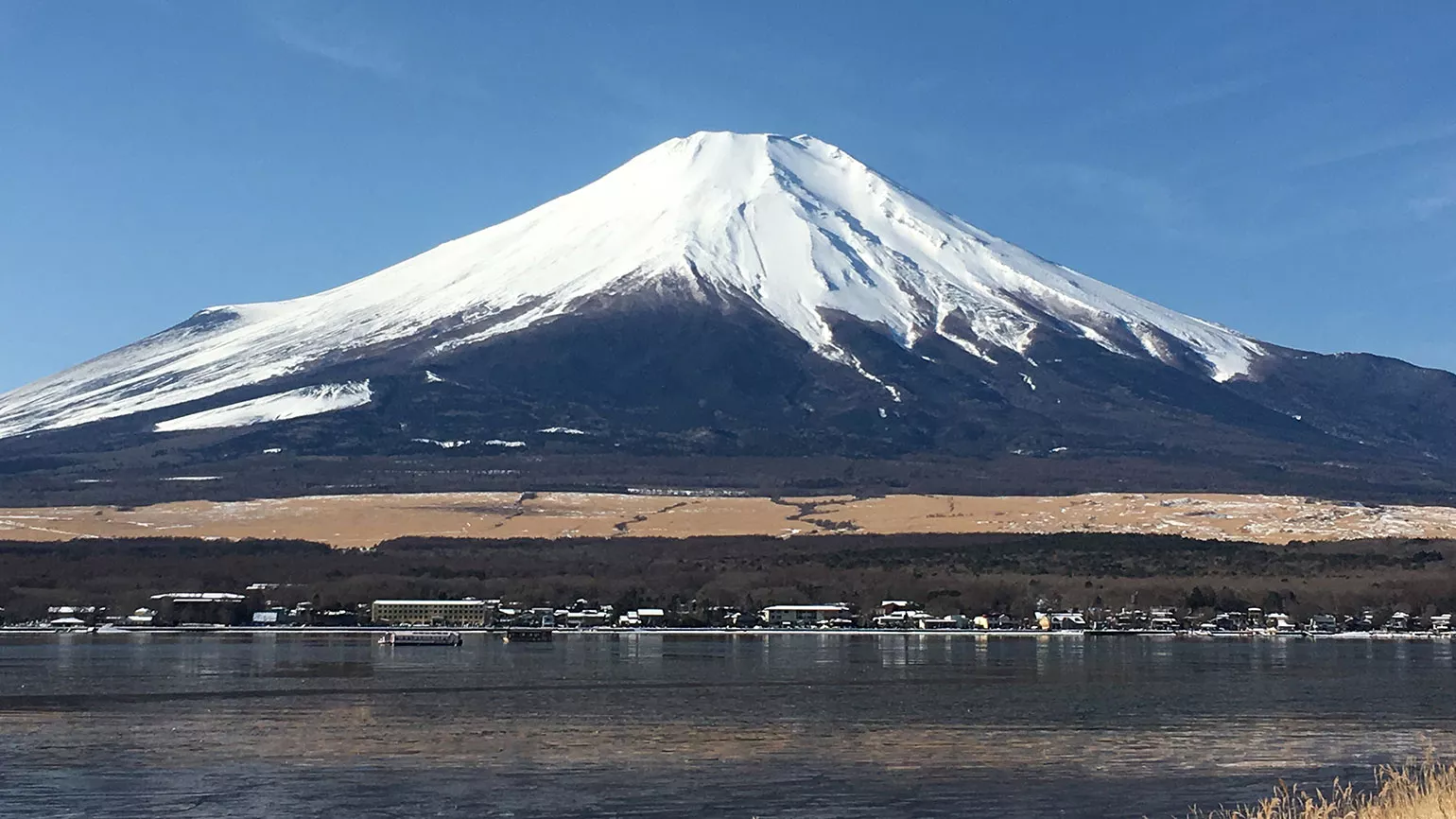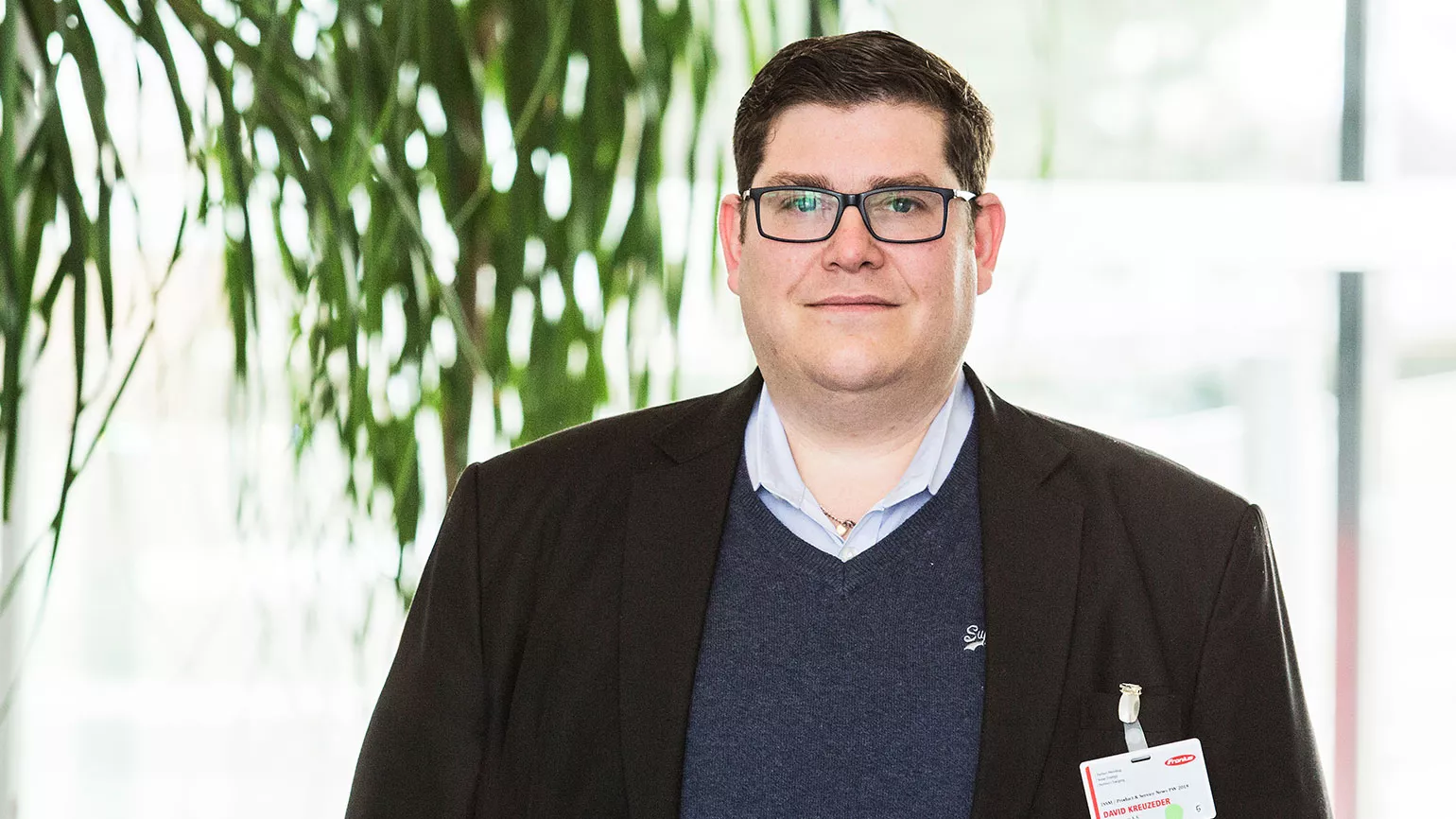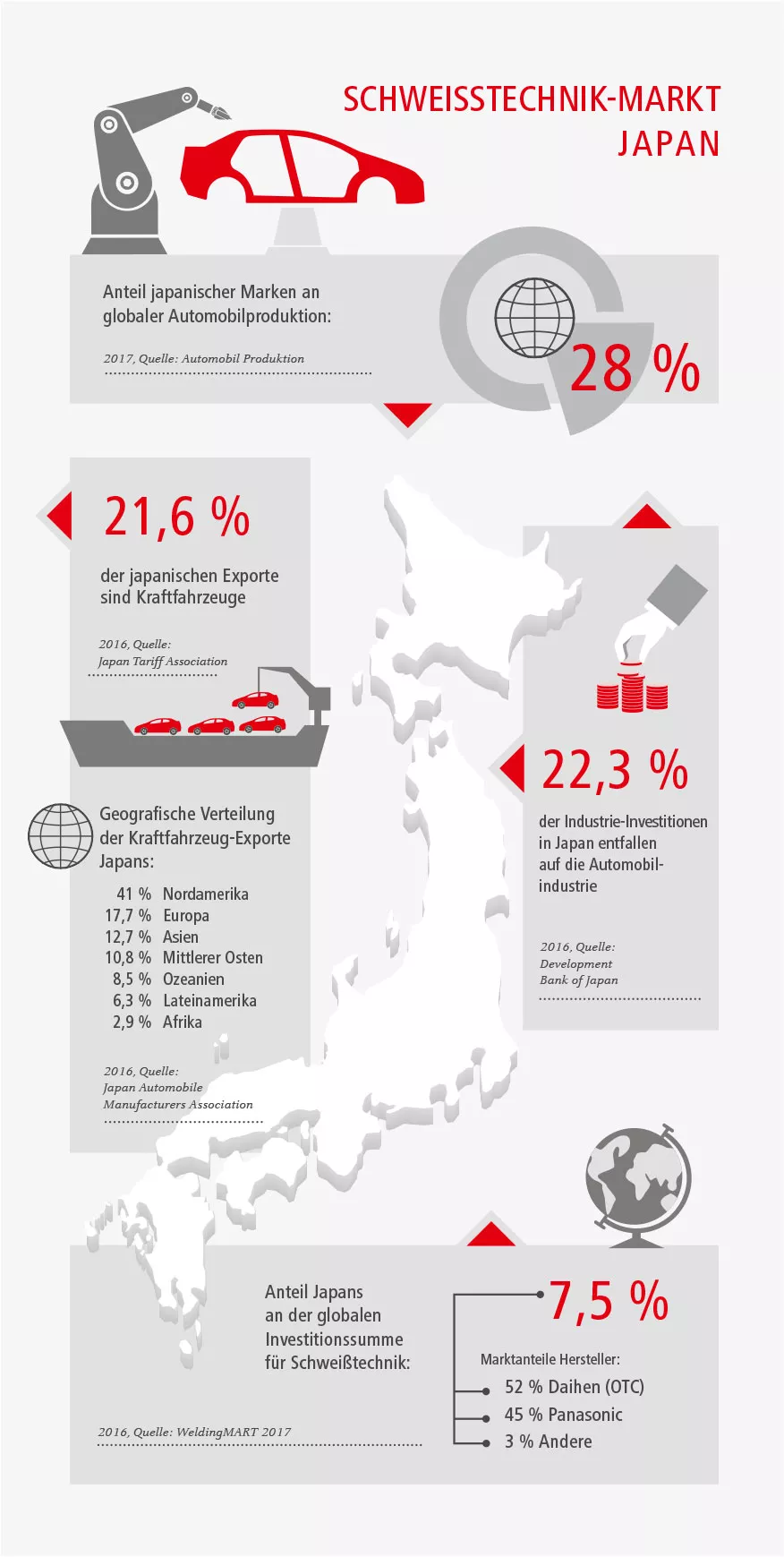The power of Fuji
David Kreuzeder is Head of the Japanese Fronius Support Office in Nagoya and has been helping to develop the site since the very beginning. He had his first experience with Japan as a system technician for Fronius International GmbH, where he was responsible for Asia. During this time that he developed a real love of Japan:
DEPARTING FOR JAPAN
It was in January 2016 that David Kreuzeder reported for duty as the Head of Technology for the new office in Nagoya, just west of Tokyo. First he had to find premises and put a team together. This time was like a cultural crash-course for Kreuzeder: “Our cable supplier visited us five times before he finally delivered the actual cables the sixth time around. Developing trust and planning take a very long time in Japan compared to Europe. But then when implementation gets under way, everything runs like clockwork.”
GREAT REASONS FOR HAVING A LOCAL PRESENCE
Fronius has had people in Japan since 1997. Aichi Sangyo is one of the largest importers of welding technology in the country and has been collaborating with Fronius for years. The decision was made to go one step further and set up an office because it is important for Fronius to be as close to their clients as possible. Moreover, many Japanese clients expect their manufacturing company to be located in the country – it makes for quicker support with technical problems, helps to show appreciation, and build trust.
Although the demand for welding systems in Japan accounts for only 7.5 percent of global demand, it is still important to have people situated there. Japanese companies test technologies themselves before implementing them into production lines in their factories worldwide. Japanese manufacturers account for 28 percent of global automobile production. It is therefore vital for Fronius to earn the trust of the automobile industry directly within Japan.
RENOWNED FOR TECHNICAL EXPERTISE
Today Fronius Japan comprises a five-strong team who are responsible for welding testing, providing technical advice, management, and also partially for client acquisition and care. The main focus is automobile manufacturers. As a long-held partner, Aichi Sangyo also has responsibility for sales.
The prominence of the CMT (Cold Metal Transfer) welding process helps Fronius to position themselves as a technology leader within the Japanese market. “When it comes to basic welding, local companies generally don’t come to Fronius. The competition from Japanese companies is just too great in this field. With CMT, however, Fronius symbolizes technical expertise,” Kreuzeder explains Fronius’ reputation in Japan. Clients frequently come to Fronius with special requirements – whether it is challenging welding positions, unusual materials or large gaps that need to be bridged.
STRONG RESEARCH PARTNERS
In addition to all of this, Fronius has struck up a partnership with the University of Osaka. In January 2018, the two partners came together to present a workshop on the topic of “The Future of Welding.” In the future, Fronius will also offer students the opportunity to work with the company to conduct research into welding technology. The collaboration with the university has many advantages: Fronius is able to access the latest research findings, Increase its prominence in Japan and promote itself as an attractive employer to new graduates. The latter is the most important thing in Japan: “The enormity of Japanese people’s loyalty makes it difficult to poach employees from other companies. Our approach is therefore to hire young people fresh out of university,” explains David Kreuzeder.
IMPRESSIVE POLITENESS
In every aspect of life in Japan, the cultural differences are palpable. Even after more than two years, David Kreuzeder is still always deeply impressed by how polite the Japanese are: “When I accidentally knock into someone in the subway, they apologize to me. That’s totally different to Austria and even other Asian countries. Aside from that, Japan is a very safe country – crime rates are very low.” Kreuzeder is also very taken with the landscape. “Japan in fall is like a dream world. The colors are so much more vivid than those you see in Austria. And even though I’m not a huge fan of flowers, I find the cherry blossom a very unique spectacle of nature. But my personal highlight is Mount Fuji. The mountain exudes so much power. I must have taken a hundred photos of it since I moved here,” Kreuzeder says, smitten with his new home.
Aichi Sangyo is one of the largest importers of foreign industrial machinery in Japan. This year Aichi Sangyo celebrates its 80-year anniversary. Fronius first came into contact with the Japanese company in 1985 and together built up the collaboration step by step. Today, Aichi Sangyo is a certified Fronius representative and – in the field of open arc welding – exclusively distributes Fronius systems on the Japanese market.
Japanese business etiquette

HANDING SOMEONE A BUSINESS CARD
- Always offer your business card using both hands.
- Always turn the business card over so that the recipient can read the right language right away.
- If someone hands a business card to you, show an interest in it.

BOWING
- Bow when greeting somebody, saying goodbye, and also when you apologize.
- Hand-shaking is not etiquette – do not offer your hand for a Japanese person to shake.
BEING SEATED
- Always accept the place that has been allocated to you.

EATING RITUALS
- Never top up your own drink! Hold your glass in both hands when it is being topped up.
- Do not stick your chopsticks into your food! Lay the chopsticks to one side when you have finished using them.



